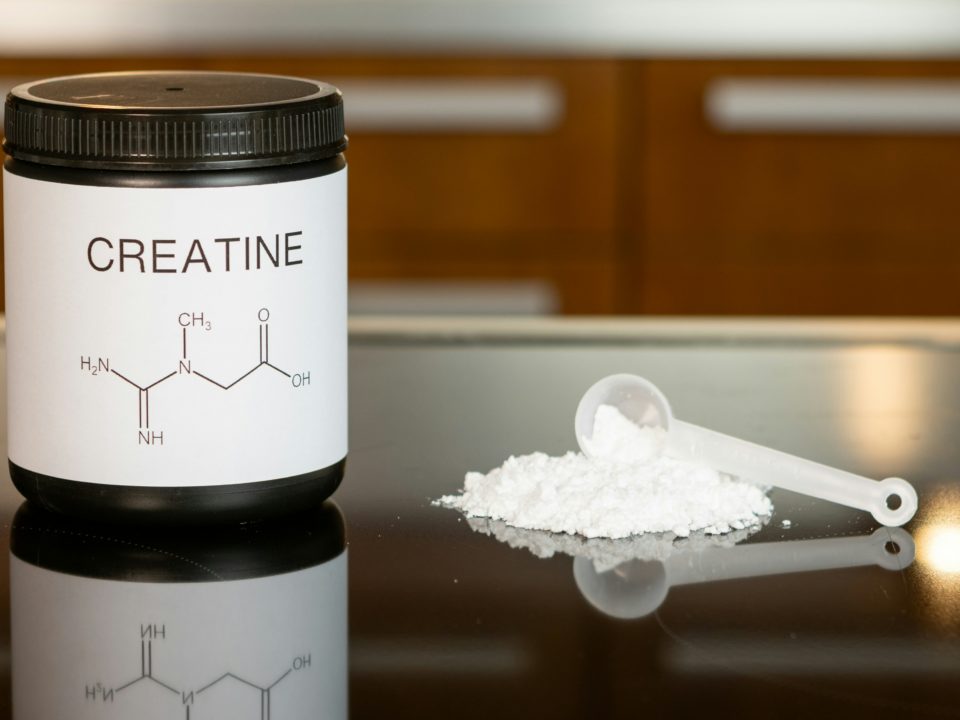
Menstrual Migraine
June 2, 2024
Concussions in the workplace
July 16, 2024Understanding the Importance of VOMS in Concussion Management
Concussions, often sustained during sports or due to accidents, can have significant short and long-term effects on an individual’s health. Managing these injuries requires a comprehensive approach, one crucial aspect of which is Vestibular/Ocular-Motor Screening (VOMS). Let’s delve into what VOMS entails and why it’s essential in concussion management.
What is VOMS?
Vestibular/Ocular-Motor Screening (VOMS) is a specialised assessment tool used by healthcare professionals, particularly in sports medicine and neurology, to evaluate and manage concussions. It focuses on assessing vestibular and ocular motor functions, which are commonly affected following a concussion.
Components of VOMS:
- Smooth Pursuit: Evaluates the ability to visually track smoothly moving objects. Impairments can manifest as jerky eye movements or difficulty tracking.
- Saccades: Tests rapid eye movements between fixed points. Concussion-related deficits may lead to slower or inaccurate saccades.
- Near Point of Convergence (NPC): Assesses the ability of the eyes to converge on a near target. Difficulty with NPC can indicate issues with eye coordination and focus.
- Vertical and Horizontal Vestibular Ocular Reflex (VOR): Checks the function of the vestibular system in relation to eye movements. Dysfunction can lead to symptoms like dizziness or blurred vision with head movements.
- Visual Motion Sensitivity (VMS): Determines sensitivity to visual motion, which can exacerbate symptoms like headache or dizziness post-concussion.
Why VOMS is Important in Concussion Management:
- Early Detection and Management: VOMS helps in identifying specific vestibular and ocular motor impairments early after a concussion. This allows for targeted rehabilitation strategies to be implemented promptly, potentially reducing recovery time.
- Individualized Treatment: Each concussion is unique, and VOMS provides insights into the specific deficits a patient may be experiencing. This enables healthcare providers to tailor rehabilitation programs that address these deficits effectively.
- Monitoring Progress: Through periodic VOMS assessments, healthcare providers can track the progress of recovery. Improvements or persistent deficits identified through VOMS can guide adjustments in treatment protocols, ensuring optimal recovery.
- Return to Activity Decision-Making: VOMS results contribute to informed decisions regarding when it is safe for individuals to return to physical activities, including sports. Objective measures from VOMS help mitigate the risk of premature return to play, which could potentially worsen symptoms or prolong recovery.
- Comprehensive Care: Integrating VOMS into concussion management ensures a holistic approach that addresses both physical and cognitive aspects of recovery. This multidisciplinary approach enhances overall patient care and outcomes.
Conclusion:
In conclusion, Vestibular/Ocular-Motor Screening (VOMS) plays a pivotal role in the assessment and management of concussions. By focusing on vestibular and ocular motor functions, VOMS helps healthcare professionals diagnose, treat, and monitor concussion-related impairments effectively. It facilitates tailored rehabilitation strategies, promotes safe return to activities, and ultimately supports individuals in achieving optimal recovery. As awareness grows about the importance of comprehensive concussion care, the integration of tools like VOMS stands as a crucial step towards ensuring better outcomes and long-term well-being for those affected by concussions.
Our team is here to support you if you are We are dedicated to finding the cause of your symptoms and empowering you to get back to doing the things you love.

